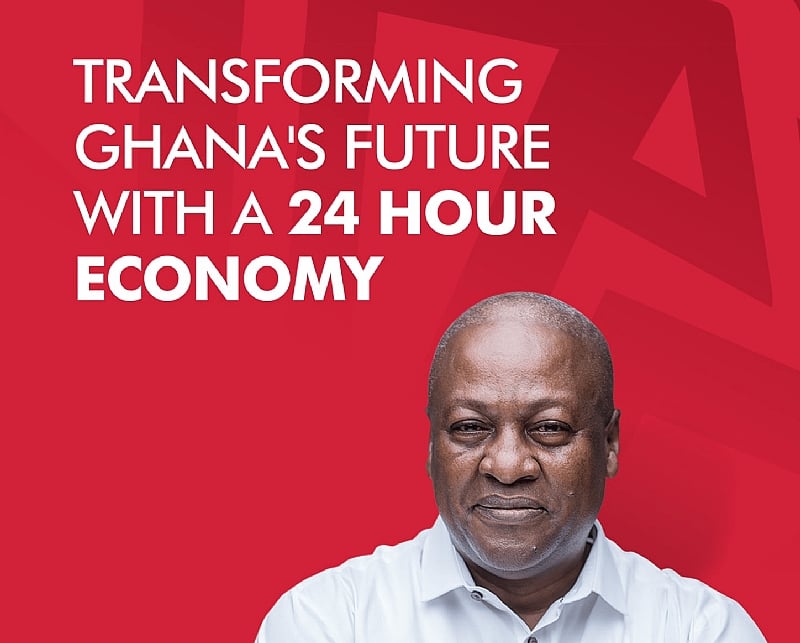Ghana’s Labour Act of 2003 (Act 651), having been in effect for over two decades, is undergoing a significant review to address its outdated provisions and adapt to the evolving demands of the modern workforce. Stakeholders, including the government, employers, and organized labor, are collaborating to modernize the Act, aligning it with contemporary global labor standards and addressing emerging challenges like the digital economy and labor migration. The existing Act has been criticized for favoring employers at the expense of workers’ rights and welfare, a key concern that the review seeks to rectify. The revision process aims to create a more balanced and equitable legal framework that protects workers’ rights while fostering a productive work environment.
One of the major points of contention during the review process revolves around the government’s proposal to embed the 24-hour economy policy within the Labour Act. While the government views this inclusion as essential for promoting economic growth and creating employment opportunities, organized labor has expressed reservations. Instead of directly incorporating the 24-hour economy concept, labor unions advocate for strengthening and expanding provisions related to shift systems, which they believe would effectively address the practicalities of extended operational hours without politicizing the Labour Act. This disagreement highlights the ongoing negotiation between the different stakeholders to strike a balance between economic interests and worker protections.
Further complicating the review process is the employers’ call for a moratorium on strikes, a proposal vehemently rejected by organized labor. The right to strike is considered a fundamental labor right, and unions view any attempt to restrict it as a violation of workers’ ability to collectively bargain and advocate for their interests. The clash over this issue underscores the inherent power dynamics within labor relations and the challenge of finding common ground between opposing viewpoints. The government will need to navigate these conflicting demands carefully to ensure the revised Act promotes fairness and stability in the labor market.
The review of the Labour Act also encompasses addressing several other significant gaps in the existing legislation. These include the lack of provisions concerning labor migration, an increasingly relevant issue in the globalized economy, and the absence of recognition for the burgeoning digital economy and its associated job creation potential. Furthermore, the current Act offers limited provisions for worker welfare and safety, a critical aspect requiring substantial improvement to ensure a healthy and secure work environment. The revised Act is expected to incorporate comprehensive provisions addressing these areas, bringing Ghana’s labor laws in line with international best practices and contemporary labor market realities.
The Minister of Labour, Jobs and Employment, Dr. Rashid Pelpuo, has emphasized the government’s commitment to ensuring a fair and inclusive review process. He assures that the revised Act will promote a more harmonious work environment and incorporate policies designed to enhance worker protection and engagement. The Minister also highlights the importance of cabinet approval for the proposed amendments, underscoring the government’s adherence to due process. This transparency and commitment to stakeholder engagement are crucial for building trust and ensuring the final Act reflects the needs and interests of all parties involved.
Beyond the immediate concerns related to the Labour Act review, the Executive Secretary of the Civil and Local Government Staff Association (CLOGSAG), Isaac Bampoe Addo, has proposed a more radical step: the formation of a political party by organized labor. He argues that this would empower workers to directly address their concerns and advocate for their interests in the political arena. While this proposal reflects the frustration felt by some within the labor movement regarding their perceived lack of political influence, it also raises questions about the potential implications of blurring the lines between labor unions and political organizations. The future direction of organized labor’s political engagement remains to be seen, but it is clear that the ongoing Labour Act review has sparked broader discussions about the role and power of workers in Ghanaian society.














